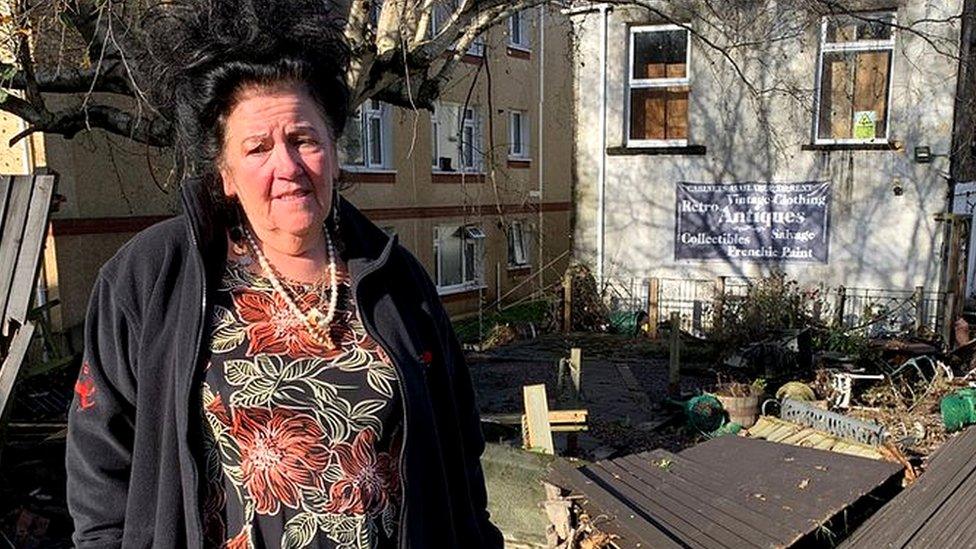Council considers 100% tax hike on second homes
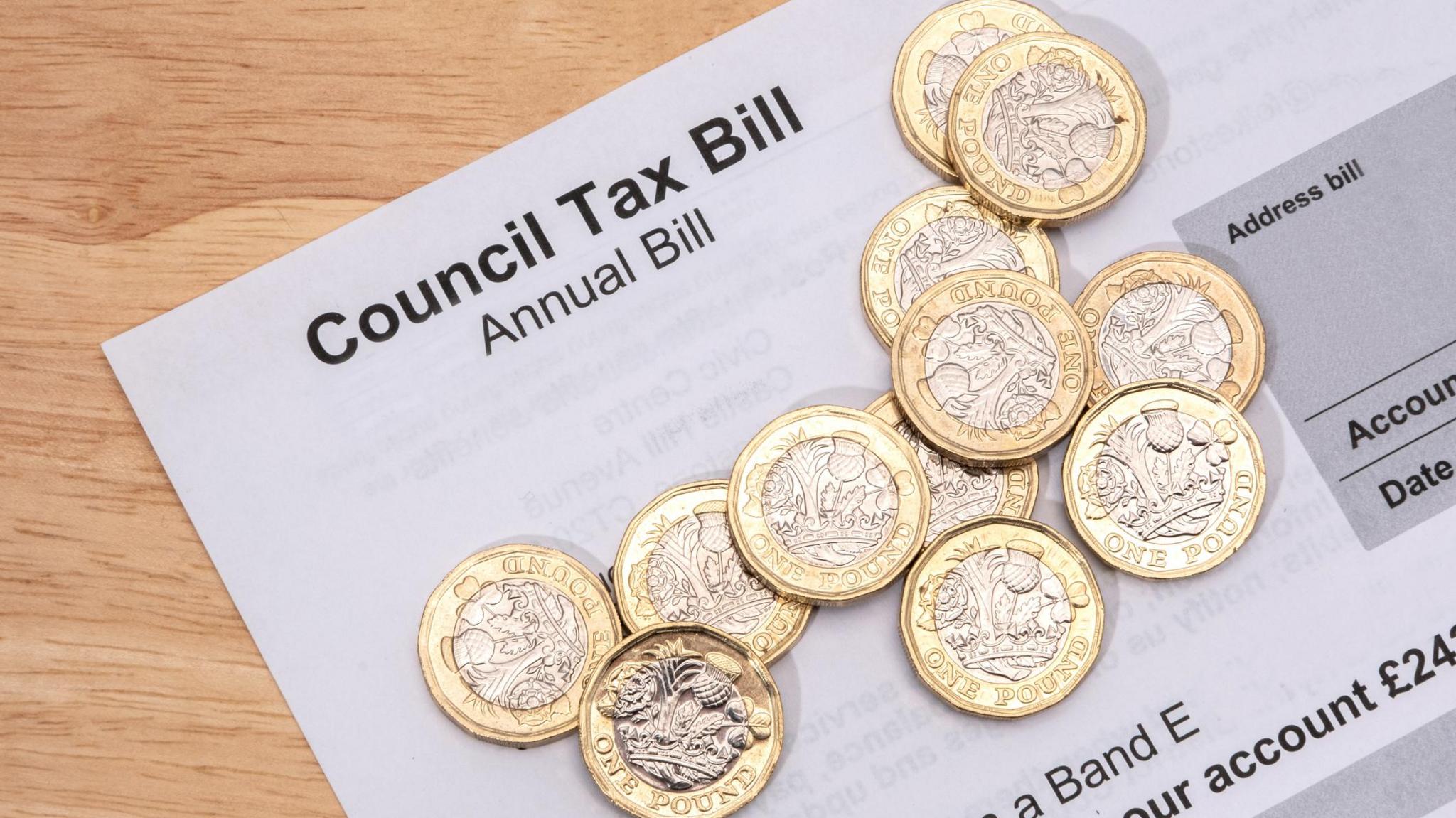
The public will be asked about plans to put a 100% premium tax on long-term empty and second homes in Neath Port Talbot
At a glance
Neath Port Talbot council approves consultation on 100% premium tax on long-term empty and second homes in the county
If the plans go ahead, the owners of those homes could pay double the standard rate of council tax
The county currently has 892 long-term empty homes
- Published
Another council could take advantage of special powers in Wales to charge more council tax on second homes.
Neath Port Talbot council has approved a public consultation into putting a 100% premium tax on long-term empty and second homes in the county.
If the plans go ahead, the owners of those homes could pay double the standard rate of council tax.
The increase could generate an extra £2m a year in tax revenue, according to a report presented to the council on Wednesday.
Welsh council tax revaluation goes ahead
- Published2 May 2023
Thousands in Wales face £100 rise in council tax
- Published4 March 2023
Two more areas to double second home council tax
- Published14 December 2022
Nine of the 22 councils in Wales currently use the discretionary powers to charge second home owners more.
Latest data suggests 892 long-term empty home owners would be charged the 100% premium if the proposals are approved, according to the Local Democracy Reporting Service.
A long-term empty property is defined as a place of residence which is both unoccupied and substantially unfurnished for a continuous period of at least one year.
Councils can increase the premium to 300% following Welsh government rules that came into effect in April.
The aim of the policy is to help local authorities bring long-term empty homes back into use.
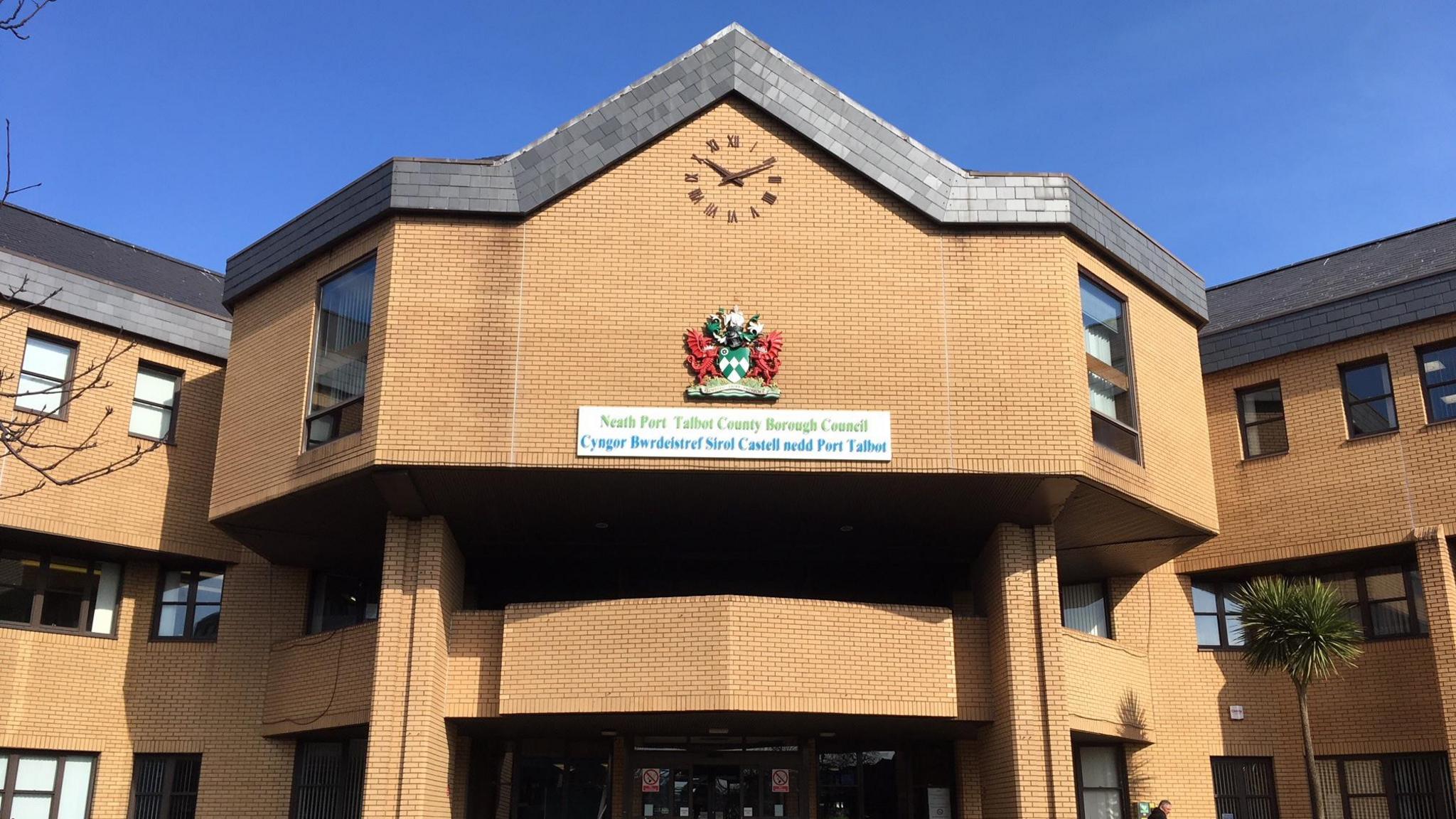
In the 2022-23 tax year, nine local authorities in Wales charged a premium on second and empty homes, ranging from 25% in Conwy and Ceredigion to 100% in Gwynedd, Pembrokeshire and Swansea.
"The charging of a 100% premium on long-term empty dwellings and second homes [in Neath Port Talbot] would raise additional revenue through council tax collection," the report said.
"Based on current numbers it is estimated that this additional income would be in the region of £2 million per annum.”
The proposals to implement the premium will now go out to public consultation, with the findings expected to be brought back to the cabinet for a decision towards the end of the year.
- Published19 April 2023
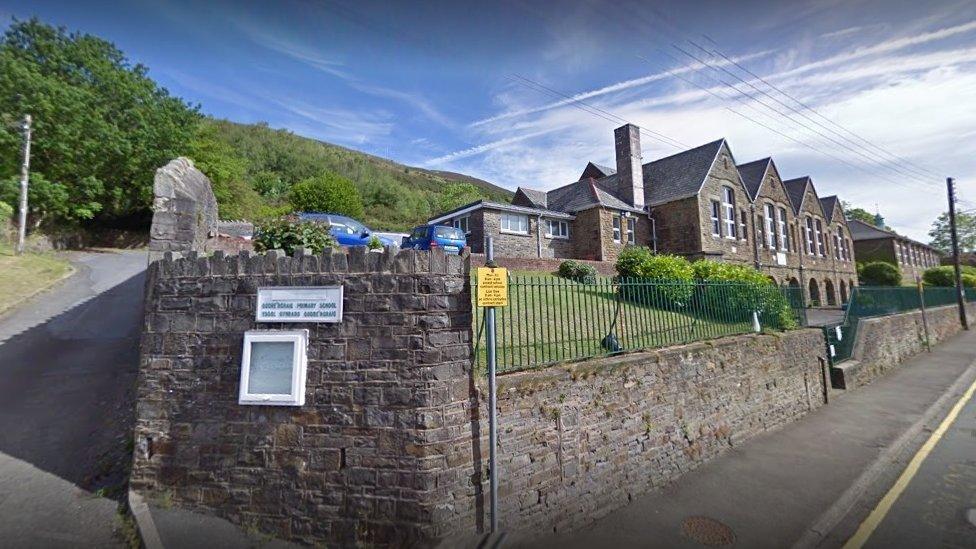
- Published23 March 2023
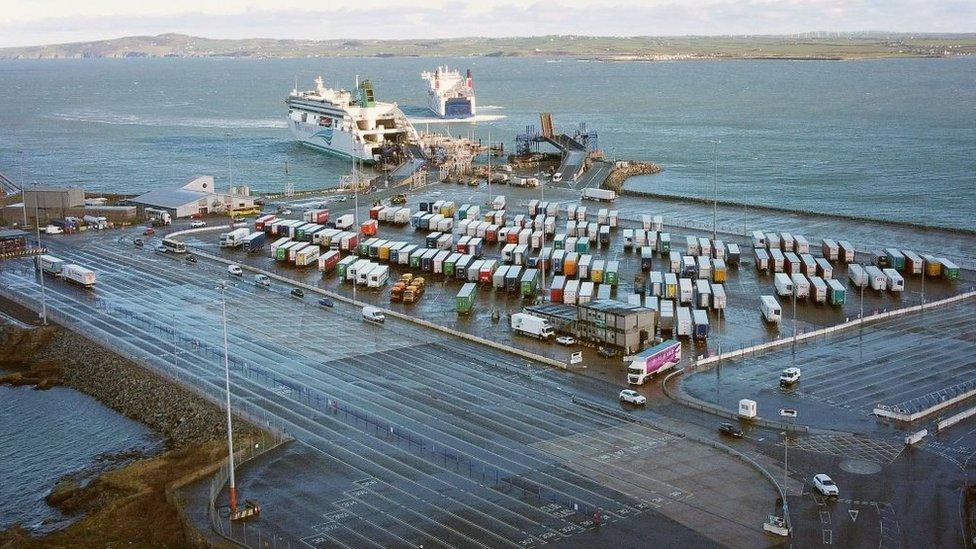
- Published8 November 2022

- Published4 November 2022
